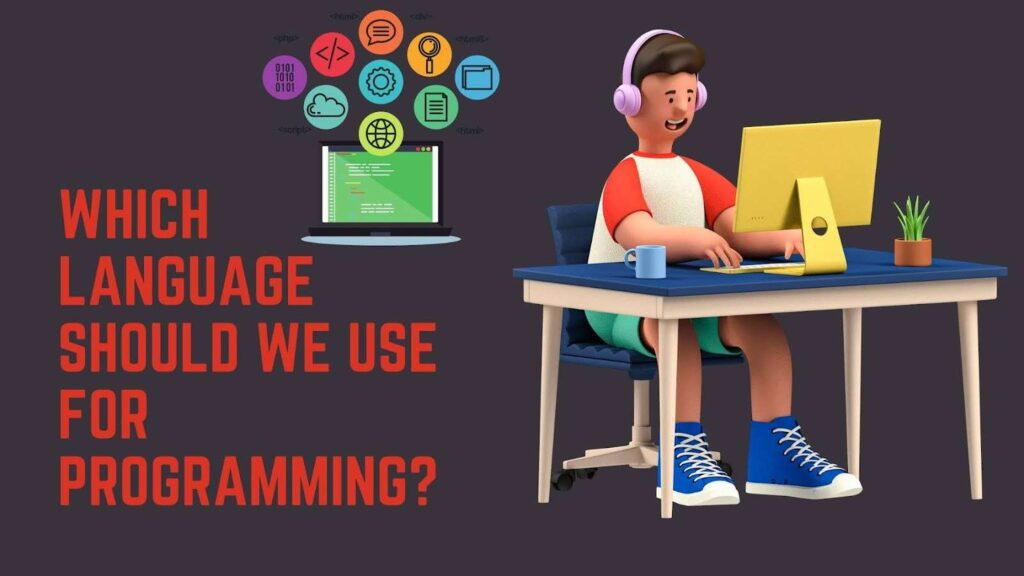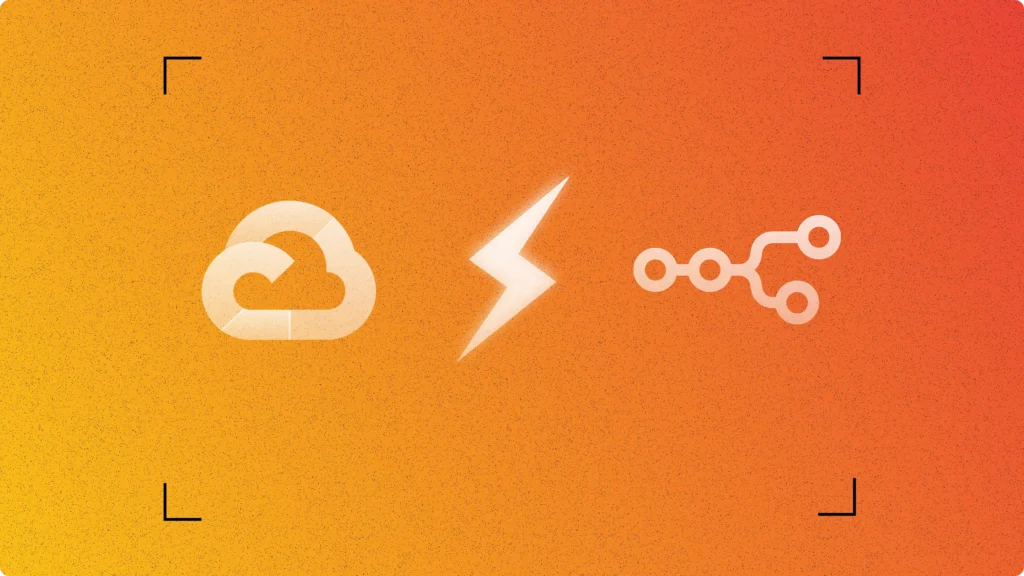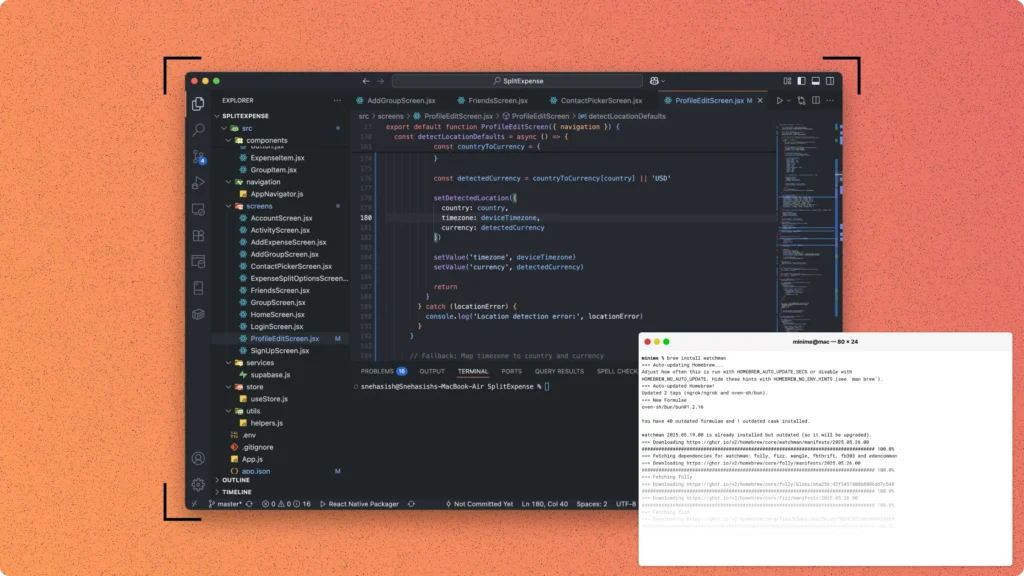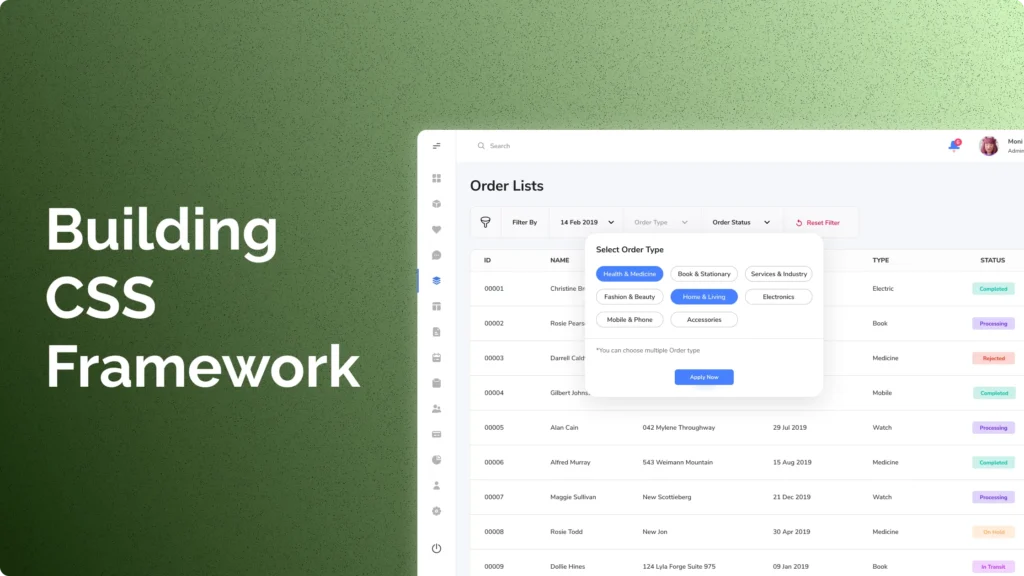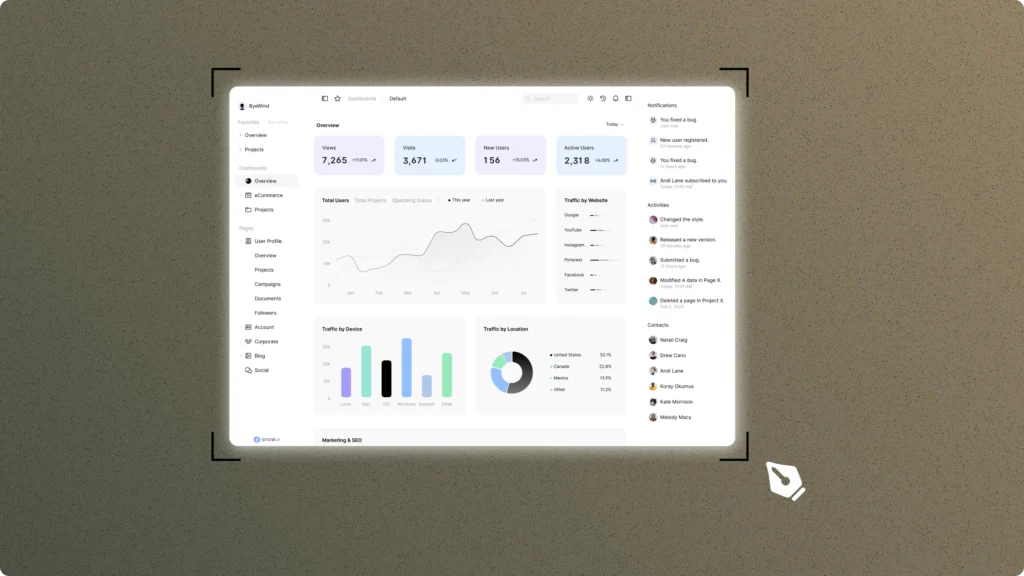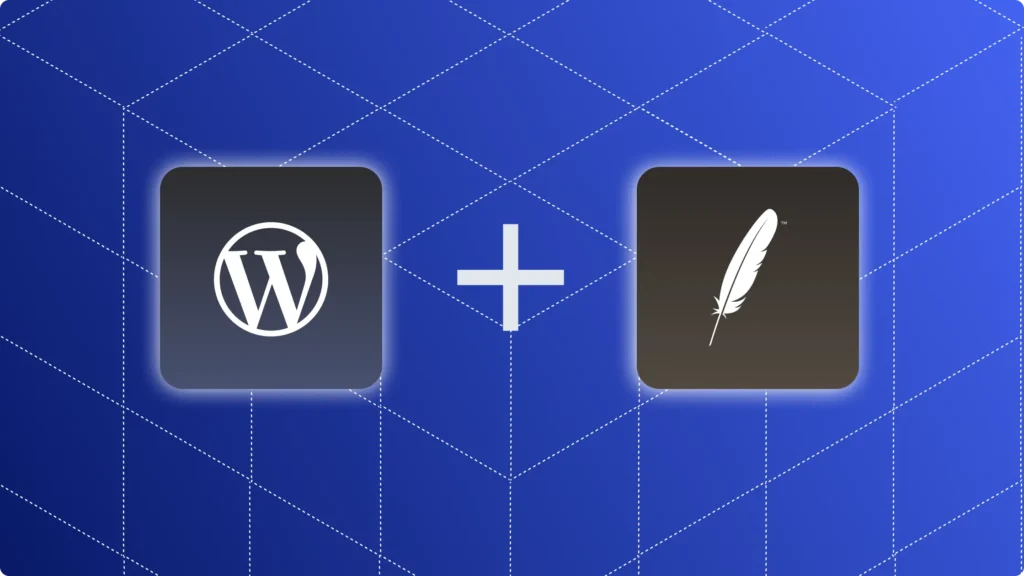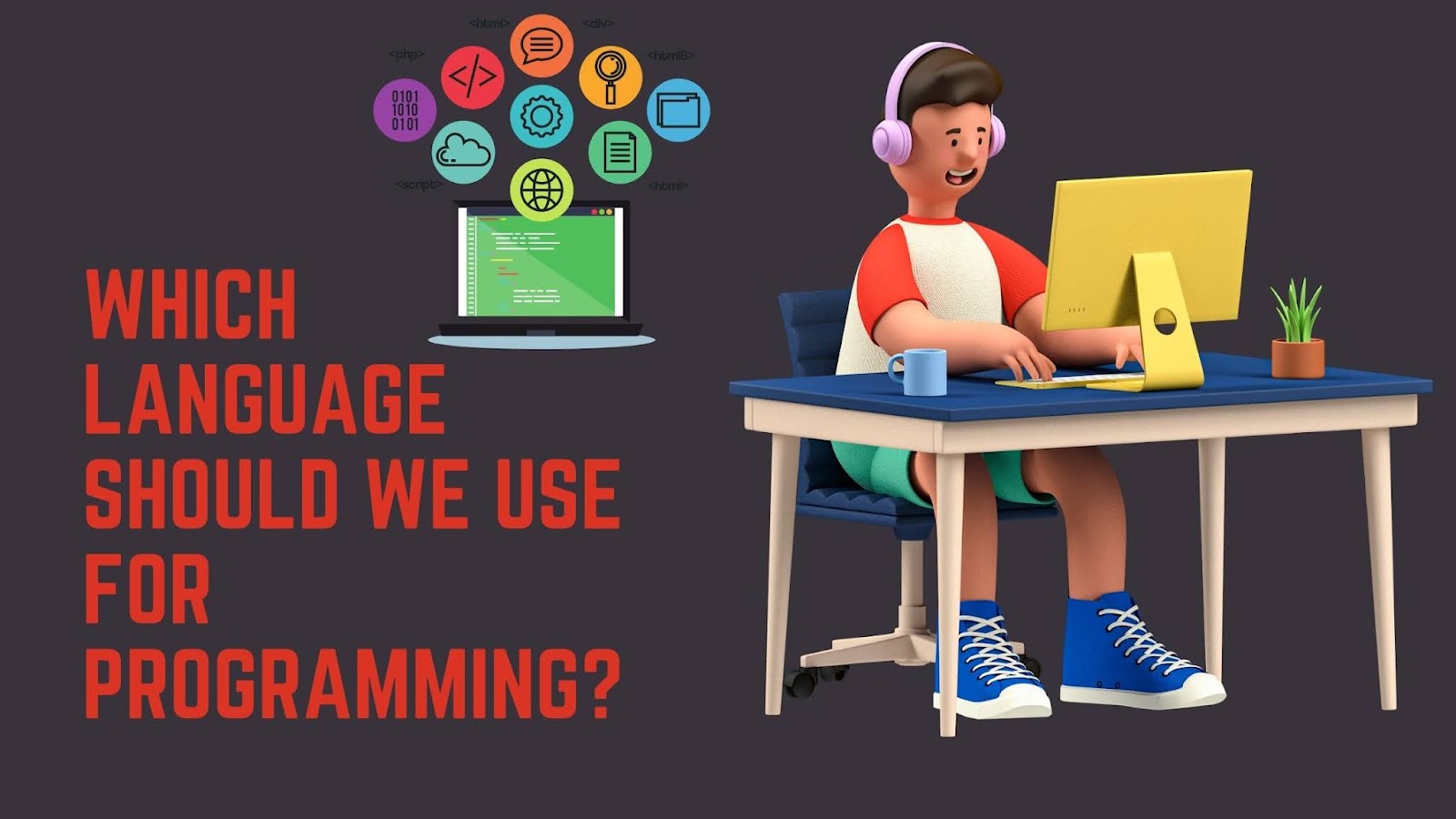
Introduction
If this question ever arises in your mind, then today you’ll get the answer by reading this article.
First of all, programming isn’t a small thing, it is a wide domain.
But before going straight to that, first, let us know what is programming actually.
Although the word, programming sounds very unfamiliar with our day to day life, we are very used to the word programming.
What is Programming?
Programming is nothing but a way to instruct computers to perform various tasks.
Let’s understand this with a very simple example.
Let say, your mom wants to cook fried rice. So she searched for ‘long grain rice’. But she found that there is not enough rice in the house. So she sent you to the grocery store to purchase 1kg of good quality long-grain rice.
She ordered you to go to the nearest grocery store and purchase that amount of rice.
Here, your mom assigned you a task to complete. This is called programming.
Now if,
- your mom forgot to give you the money
or,
- the rice isn’t available at the store
then you can’t complete the task, otherwise you’ll successfully get the rice.
Now, we’ve learned that programming is to give computer instructions. But to give something or someone instruction, we need to communicate with that first. And for that, we need languages, those types of language that both can understand. This language is called programming language.
So,
But computers only understand the language of 0 & 1, which is known as binary language. Computers can only understand the combination of 0 & 1.
For example,
When we write ‘A‘, the computer understands ‘01000001‘.
Now clearly, if we go for this and keep writing binary language to communicate with computers for even a simple task, it will take a huge time for us.
So, for that what we did?
We developed some high-level languages and a translator to convert the high-level language to machine-level language. This gave us two advantages.
- These languages are easy to understand for us.
- Writing these languages are easier than writing binary codes.
Now, these languages are known as programming languages.
Programming Language:
The language required to communicate with the computer to give it instructions is called programming language.
Example- C, C++, C#, Python, JAVA etc.
And writing these languages to instruct our computer for a particular task is now called coding.
Coding:
Coding is nothing but the way of communicating with computers with the helps of codes(like- C, C++, Python etc).
Difference between coding and programming:
Coding and programming have very slight differences.
The basic differences between coding and programming are-
- Coding is a part of programming. While coding only deals with writing source codes and convert them to the machine-level language so that the computer can understand and process the task, where programming is to create a program that can follow certain standards and perform required tasks.
- A coder only needs to have the basic knowledge of the programming languages, while a programmer needs to know how to write logic, to design and write complex programs.
For more difference, you can go to Upgrade.
Now you might be thinking why I waste so much time just explain “Programming”.
This is just because to give you a brief knowledge about programming and coding, as many of us don’t even know that these two has a separate meaning. Now coming to our main question, which is now definitely changed slightly.
Which language is for which programming domain?
There are 4 types of Programming Languages:
-
Scripting Programming Language:
In these types of languages, where instructions are written for runtime systems. These languages are usually interpreted rather than compiled.
Example- Python, Javascript, PHP, Node JS, Ruby etc. -
Functional Programming Language:
These languages are specifically designed based on the mathematical function to deal with symbolic computation.
Example- Python, Clojure, Racket etc. -
Procedural Programming Language:
These types of languages are derived from structured language, based upon the concept of calling procedure.
Example- C, Pascal, Basic etc. -
Object-Oriented Programming Language:
OOP is a kind of language which is based on the concept of object. In this kind of language, programs are designed such that they can interact with the real world.
Example- Python, Java, C++, C#, Javascript, PHP, Ruby etc. -
Logic Programming Language:
This programming language is based on logic. It is basically a set of sentences expressing logic.
Example- Prolog, ASP etc.
Domain-wise required languages:

Now let’s see Domain-wise language distribution.
This distribution helps you to clear your doubts that in your chosen domain, what exactly you’ve to learn.
Here in this table below, we’re going to know about some mainstream domains and the most used languages on those domains.
| Domain | Required language |
|---|---|
| Front-end Web Development | HTML, CSS, Javascript, Bootstrap |
| Back-end Web Development | Python, Node Js, React, Angular Js, JAVA, PHP, Ruby, |
| App Development | Javascript, JAVA, Python, Kotlin, Swift, Object-C(for ios apps) |
| Software Development | JAVA, Python, C++, scala |
| Operating System Programming | C, C++, JAVA, Python, Javascript, C#, Assembly language etc. |
| Android App development | JAVA(most supported language by google), Kotlin |
These are some mainstream domains and most languages used to that domains.
Best Softwares for coding?
We’ve learned what are those important languages, now let’s see the best platforms to code.
- HTML, CSS -> Visual Studio Code
- Python -> Pycharm, Visual studio code
- Node js, Javascript -> Visual studio code, Atom
- PHP -> Sublime Text , Notepad++, VS code
- Java -> NetBeans, Eclipse, BlueJ, IntelliJ
- Angular, React -> VS code
So, that is it.
Thank you for reading. Hope this post help you to find your answer. If you want to know something more, then you can comment below.
And don’t forget to subscribe our newsletter.
